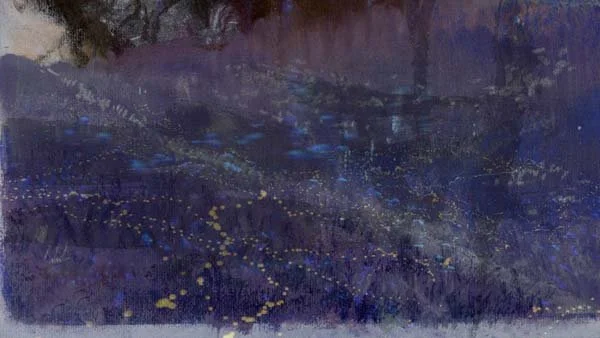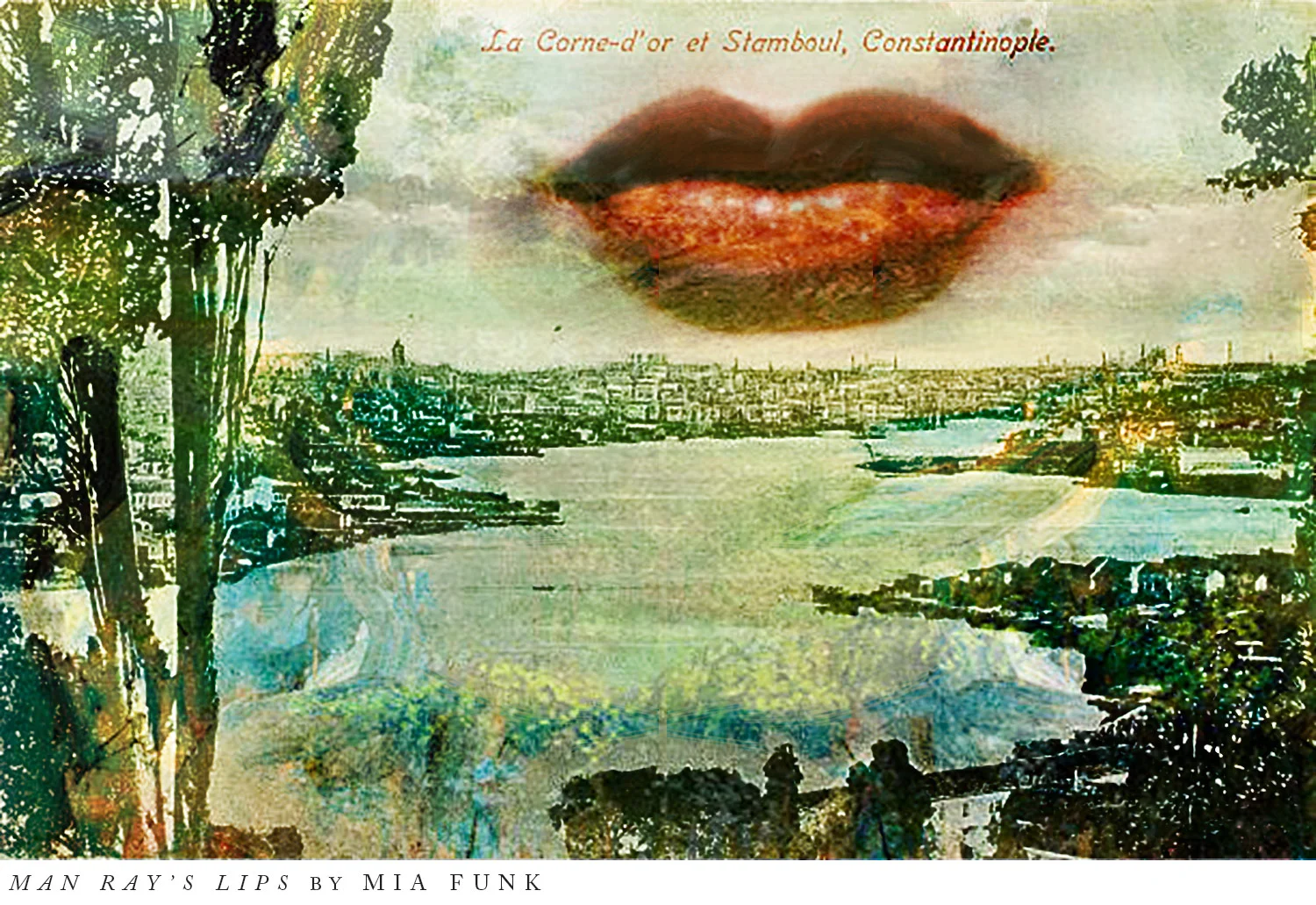By Meg Pokrass
You are the odd mom out, the one who doesn’t hang with the pack of moms, the one they don’t really get. You are standing at the lip of the swimming lake. It is a family camp in the summer, you are there with your husband, your kid’s schoolmates, their parents and siblings.
Your girl is dog-paddling near a group of classmates, she is smiling and squealing, a real child. Something has gone right, she is experiencing joy instead of a computer. The temperature is hot, too hot for you who lives by the ocean, and you want to walk into the lake up to your hips, even with your skirt on, even with the fabric hugging your ass and wet and scandalous.
Your husband is drinking beer on the field which means he’s started again and it will be all afternoon, and then through the night. You want him to be above this, but when you married him, you must have known this was part of your arrangement.
And suddenly you remember what it was like to be ten years old at an overnight camp, the one you go to every summer while your mother works full time and on weekends. It starts as soon as the sun sinks, the worries and imaginings about your mother in her car, some truck smashing into it head on because she is drinking and she doesn’t see it. You can’t hear sirens this far up into the hills, city noises don’t reach the camp, so you’ll never know if this is real or just in your mind. Your stomach hurts. You dive down into the pool to cry, underwater.
Bobbing back up from the pool as you sense the pool is emptying. Your eyes sting. A counselor says: okay, let’s go, OUT! You put your towel around your eyes instead of your shoulders. In the dressing room, you hate being naked in front of the girls, you hate the way your thighs and hips look, too defined for your age. You are hating too much about yourself these days and it is out of control. So, you think about bird feathers, how many you might find in the morning before anyone else is awake, the striped feathers, hawks, and how your collection will grow. How you will be alone with those feathers in the field, all yours.
The girls laugh and they are sharing something funny and important, holding hands. Some have breasts. They get each other. You are trying to find a mirror. You want to see how ugly you look. You want to know that it isn’t that bad, because, sometimes you surprise yourself when you look in the mirror and see how blue your own eyes can be, pool-blue. And there is an assistant counselor who tells you how pretty she thinks you are. And funny. She tells you this and you hold her hand and feel both special and weird. Her name is Caroline and she has breasts and she draws owls so well.
But here you are, a mom now, watching your daughter becoming part of a laughing, carefree moment. You are happy about this, because this was never you as a child.
Later, you will have sex with your husband and it will feel better for a little while, especially when sleeping. You have this way about you, you can make people feel good when they are uncomfortable but you can’t save them. And even outside of the lake, even standing there watching, perfectly still, you know that you will someday swim home. You will turn away from his beer breath and sink into sleep. And in that sleepy place you will forgive him.
MY CREATIVE PROCESS
Can you tell us a little about the origins of "Beer at the Lake" and why you wrote it?
I wrote this as an exploration of emotional time-travel.
Why do you write?
As a shy person, it's important for me to share my thoughts, no matter how odd they are, with other humans. Reading great writing makes me feel less isolated. I'm a fairly reclusive person, and writing had taken me out of myself.
Were you born into a family of writers or artists? What were your formative influences?
My older sisters were both actresses when I was growing up. My oldest sister, Sian Barbara Allen, was a film and TV actress. My other sister, Hannah, was in theater. I loved them and wanted to be like them. I went to an acting conservatory, Pacific Conservatory of Performing Arts, in California.
What other art forms and disciplines interest you?
John Darnielle's The Mountain Goats, ELO, Stephin Merrit's The Magnetic Fields, Joni Mitchell, Elliot Smith, Wilco, Frank Black.
What are your plans for the future?
I'm curating the Bath Flash Fiction Award. I've recently moved from San Francisco to a tiny town in the north of England to be with my sweetheart.
Meg Pokrass is the author of four collections of flash fiction, and one award-winning collection of prose poetry, Cellulose Pajamas, which received the Bluelight Book Award in 2016. Her stories and poems have been widely published and anthologized in two Norton Anthologies: Flash Fiction International (W.W. Norton, 2015) and the forthcoming New Microfiction (W.W. Norton, 2018). Meg is the founder of New Flash Fiction Review and co-founder of San Francisco's Flash Fiction Collective reading series. Currently, she teaches online flash fiction workshops and serves as Festival Curator for the Bath Flash Fiction Festival. You can find her work on her website http://megpokrass.com.




















